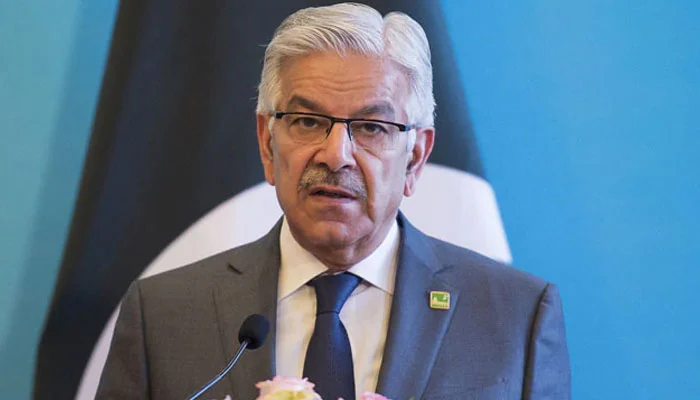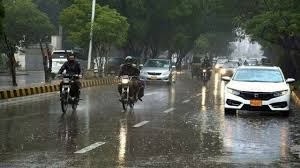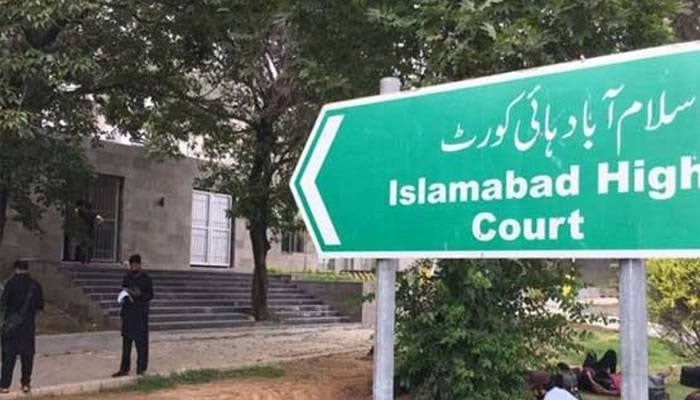Khawaja Asif, a prominent leader of the Pakistan Muslim League-Nawaz (PML-N), has projected that the economy will not only stabilize but also flourish in the next two years. However, he cautions that when societal values deteriorate, the process of restoration becomes time-consuming.
Addressing a workers’ convention in Sialkot, Khawaja Asif remarked that the events of the past four years are evident for everyone to see. While he expressed optimism about overcoming inflation and revitalizing the economy, he raised concerns about the ethical fabric of society, questioning how moral standards would be restored.
Khawaja Asif further stated that from Karachi to Peshawar, every language is now speaking of Nawaz Sharif becoming the Prime Minister again. He insisted that those who were responsible for the country’s losses over the past four years should be held accountable for their actions.
The PML-N leader emphasized the need for an audit of the experiences gained in the last four years, pointing towards the potential damage incurred by the country during this period. He argued that Nawaz Sharif’s accountability is essential for the nation to learn from the mistakes and losses endured during this time.
In a candid revelation, Khawaja Asif acknowledged that members of his own party have engaged in widespread corruption, allocating the entire toolbox of politics for personal gains. He expressed a sense of shame upon hearing stories of corruption within his party, indicating a recognition of the need for introspection and reform.
Khawaja Asif’s comments provide a snapshot of the political landscape in Pakistan, with a focus on economic recovery, accountability, and ethical reforms. The optimism about economic stabilization within two years aligns with the broader narrative of political leaders outlining their visions for the country’s future. Simultaneously, the acknowledgment of corruption within the PML-N signals a call for internal accountability and a commitment to address the ethical lapses within the party. As Pakistan navigates its socio-political challenges, the discourse around economic recovery and ethical governance remains central to shaping the nation’s trajectory.



